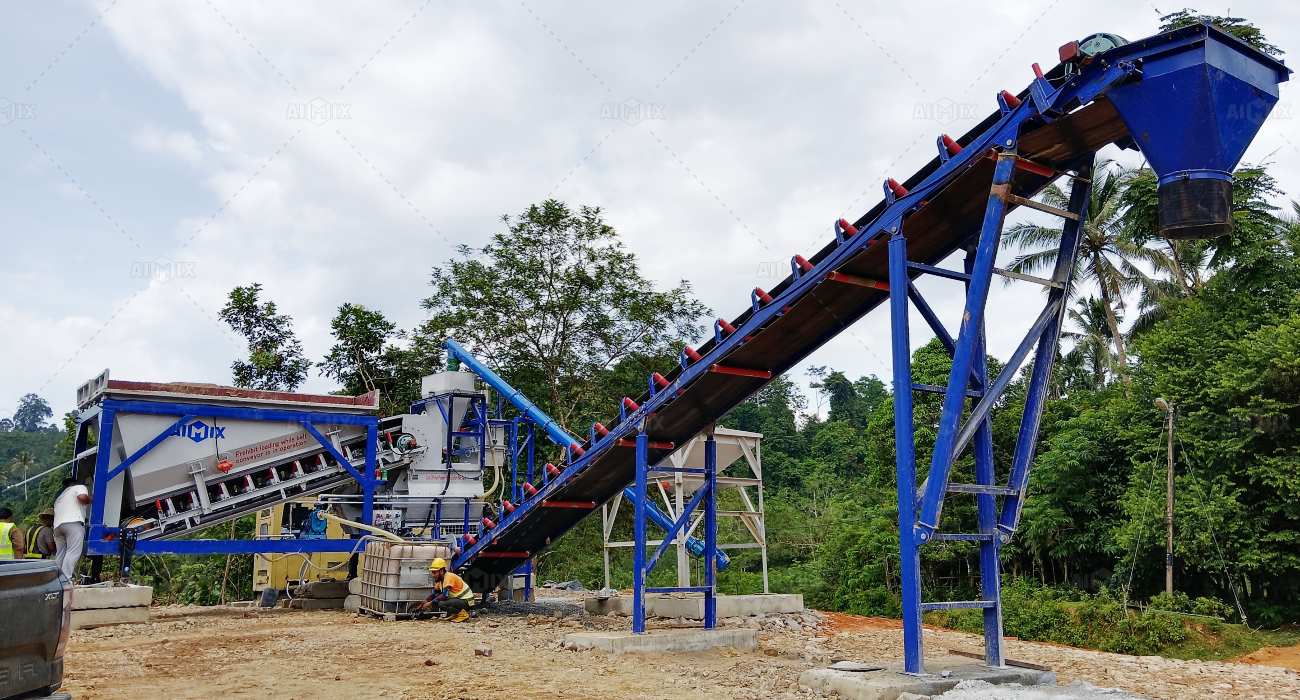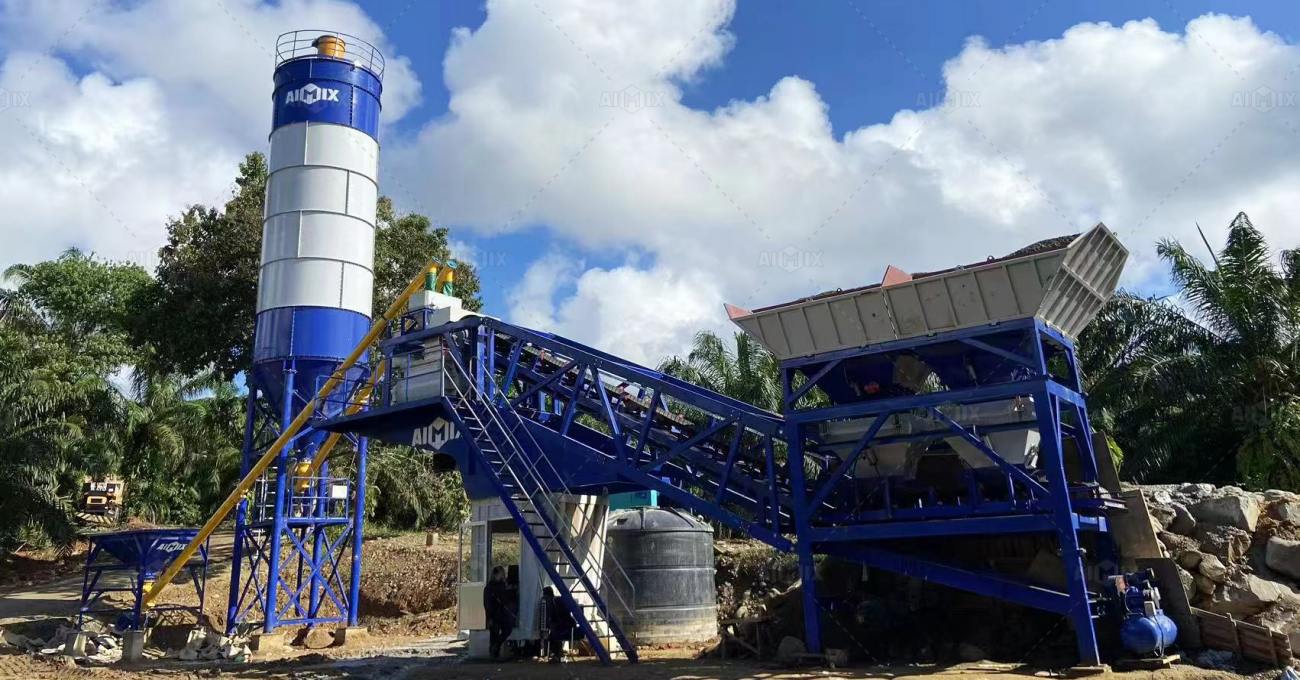Starting a concrete business can be both exciting and challenging. The demand for ready-mixed concrete continues to rise globally due to urban development, infrastructure projects, and housing construction. However, many entrepreneurs face barriers such as high equipment costs, stiff competition, and limited access to large projects. A mini concrete batch plant offers an ideal entry point for startups, combining affordability, flexibility, and scalability. In this article, we’ll explore why mini plants are a smart investment for newcomers, the advantages they provide, and practical tips for making them work in a competitive industry.

Launching a concrete business requires careful planning around capital investment. Large stationary batching plants are often too costly and complicated for new entrants. A mini concrete batch plant solves this problem in several ways:
For entrepreneurs seeking a lean, efficient way to start in the industry, these features make mini plants a strategic choice.
One of the most pressing concerns for startups is financial risk. Mini concrete batch plants require less capital, consume less power, and involve fewer workers for operation. This means businesses can start producing concrete without overextending financially.
Unlike large stationary plants, a mini concrete batch plant can serve both small-scale and medium-scale projects. This makes it attractive for contractors working on housing developments, small infrastructure projects, or local commercial buildings. Startups can position themselves in niche markets often overlooked by larger competitors.
Mini plants are generally designed with simpler controls. This reduces training costs and minimizes the time needed to get operators up to speed. For startups, this is a big advantage because it ensures smoother operations from day one.
Some mini batching plants are mobile, meaning a startup can relocate the plant to new construction sites. This flexibility allows businesses to expand their customer base geographically and scale up operations as demand increases.
Even though mini plants are smaller in size, they are engineered to produce concrete of the same quality as larger plants. This consistency helps startups build credibility with clients and secure repeat business.

When choosing a mini concrete batch plant, entrepreneurs should keep a few important factors in mind:
The construction industry is highly competitive, with established players often dominating large-scale projects. Startups can carve out their niche by using mini batching plants strategically:

For startups in the concrete business, a mini concrete batch plant offers the perfect balance of affordability, flexibility, and capability. It enables entrepreneurs to enter the market with reduced risk, serve a wide range of smaller projects, and establish a reputation for quality service. As demand grows, the scalability of mini plants allows businesses to expand steadily. In a competitive industry where efficiency and adaptability are critical, mini concrete batch plants stand out as a smart investment and a gateway to long-term success.